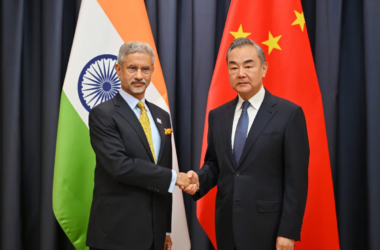The ongoing Israel-Hamas conflict has generated significant geopolitical challenges, and one of the key aspects of this multifaceted issue is the dilemma it poses for several Arab nations that maintain close ties with the United States.
The conflict, characterized by periodic flare-ups of violence, deep-rooted historical tensions, and complex geopolitical interests, has often put these nations in a precarious position. On one hand, they have longstanding alliances and economic interests with the U.S., while on the other, they share cultural, religious, and historical affinities with the Palestinian cause and other Arab nations.
These Arab nations have, for years, navigated the delicate balance between supporting Palestinian aspirations and maintaining strong relationships with the U.S. Their positions have been particularly challenging due to the sensitive nature of the Israel-Palestine issue, which holds immense emotional and political significance across the Middle East.
The United States has consistently supported Israel, both diplomatically and militarily, viewing it as a key ally in the region. This support aligns with U.S. foreign policy objectives and security concerns. However, it places U.S.-allied Arab nations in a complex position when conflicts like the Israel-Hamas war arise, given the sympathy and support from their populations for the Palestinian cause.
The challenge for these Arab nations is to balance their strategic partnerships and economic interests with the United States while also addressing the expectations and sentiments of their own people. This requires a nuanced approach that acknowledges the complexities of regional dynamics.
In recent years, there has been increased diplomatic engagement to find a path to peace in the Israel-Palestine conflict. The Abraham Accords, signed in 2020, marked a significant development in Middle East diplomacy, normalizing relations between Israel and several Arab nations. This geopolitical shift has the potential to reshape regional dynamics, but it also underscores the intricate balancing act these nations face.
The Israel-Hamas conflict serves as a reminder of the intricate geopolitical tapestry in the Middle East, where the interests of various stakeholders intersect, often resulting in difficult decisions for U.S.-aligned Arab nations. As the conflict continues to evolve, these nations will continue to grapple with the complex task of maintaining their alliances while addressing the sentiments and aspirations of their people in a region marked by enduring challenges and aspirations for peace.








